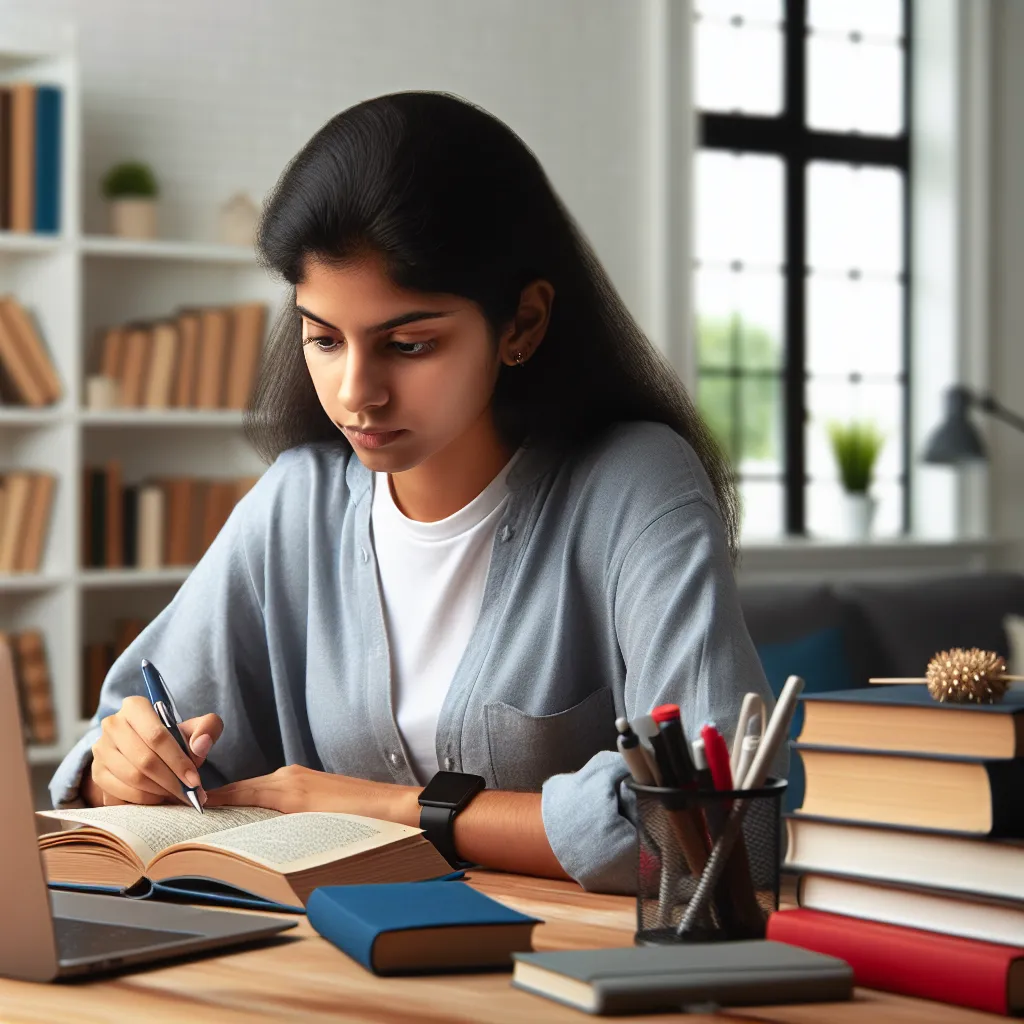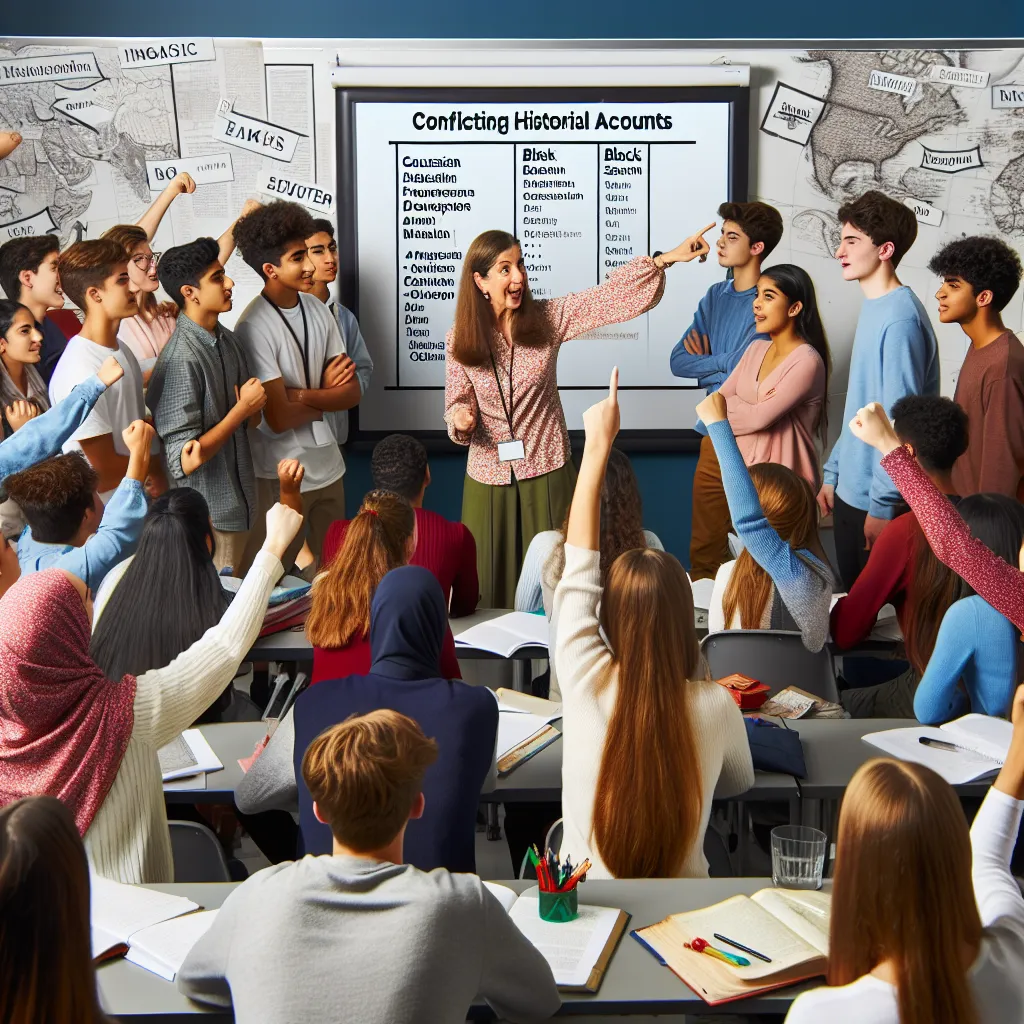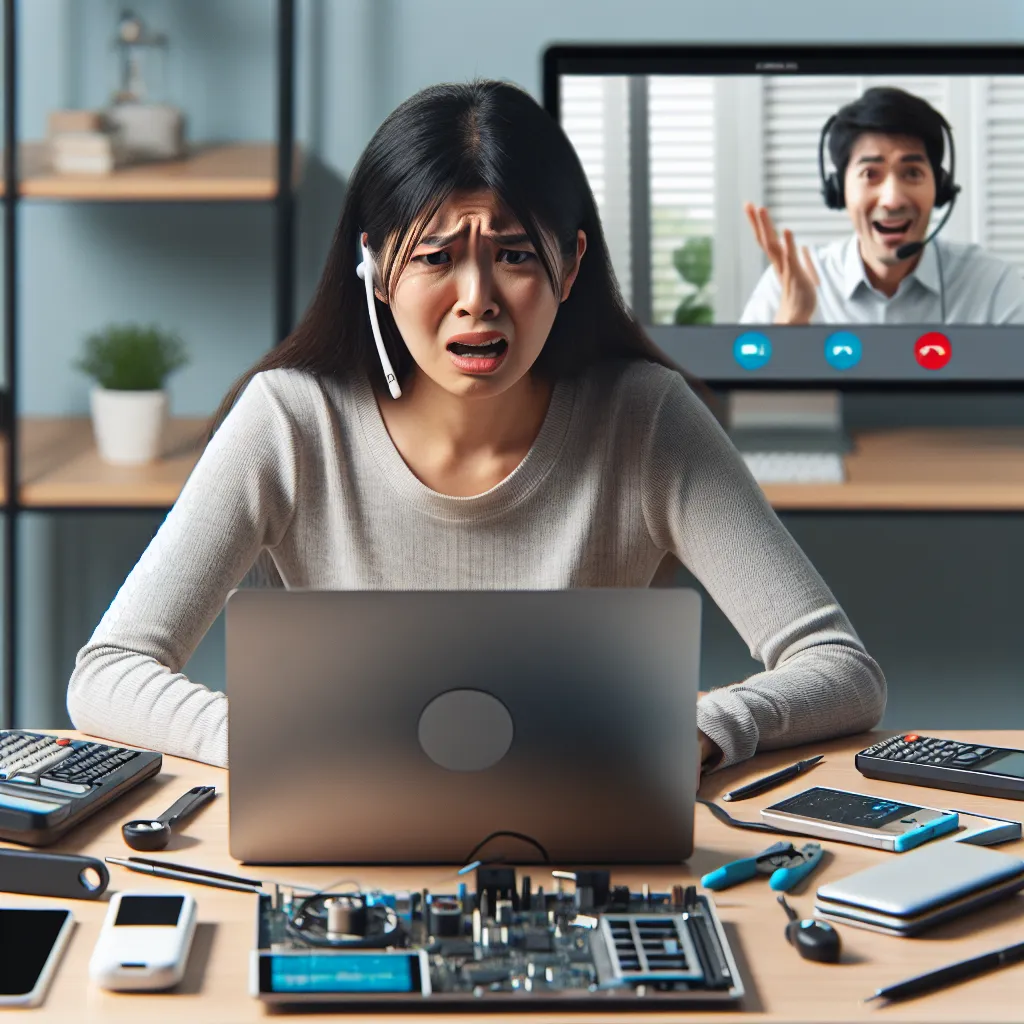The COVID-19 pandemic and subsequent lockdowns have significantly impacted our lives, including the topics covered in IELTS Speaking tests. One such topic that has gained prominence is describing new skills acquired during lockdown periods. This theme allows candidates to showcase their adaptability, resilience, and personal growth – qualities highly valued by IELTS examiners.
Nội dung bài viết
- Part 1: Introduction and Interview
- Q: Did you learn any new skills during the lockdown?
- Q: How did you go about learning this new skill?
- Part 2: Long Turn (Cue Card)
- Sample Answer (Band 6-7):
- Sample Answer (Band 8-9):
- Follow-up Questions:
- Part 3: Two-way Discussion
- Q: How do you think the pandemic has changed the way people learn new skills?
- Q: Do you think the trend of online learning will continue after the pandemic?
- Key Vocabulary and Phrases for High Scores
- Tips from an IELTS Speaking Examiner
 New skill learned during lockdown
New skill learned during lockdown
Part 1: Introduction and Interview
In Part 1 of the IELTS Speaking test, you may encounter questions related to skills and learning experiences during lockdown. Here are some potential questions and sample answers:
Q: Did you learn any new skills during the lockdown?
Sample Answer (Band 6-7):
Yes, I did. During the lockdown, I decided to learn how to cook. I was always interested in cooking but never had the time before. So, I watched some online tutorials and practiced making different dishes. It was challenging at first, but I improved over time.
Sample Answer (Band 8-9):
Absolutely! The lockdown presented an unexpected opportunity for personal growth, and I seized it by delving into the culinary arts. I’ve always been fascinated by cooking, but prior to the pandemic, my hectic schedule precluded any serious pursuit of this interest. However, the abundance of time at home allowed me to immerse myself in online cooking courses and experiment with a diverse range of cuisines. Initially, it was quite daunting, but through persistent practice and a willingness to learn from my mistakes, I’ve developed a profound appreciation for the nuances of flavor combinations and cooking techniques.
Q: How did you go about learning this new skill?
Sample Answer (Band 6-7):
I mainly used online resources to learn cooking. I watched YouTube videos and followed some cooking blogs. I also asked my family for advice and tips. It was a mix of learning from others and practicing on my own.
Sample Answer (Band 8-9):
My approach to acquiring this new skill was multifaceted and systematic. Primarily, I leveraged digital platforms, enrolling in structured online courses that provided a solid theoretical foundation in cooking principles. Additionally, I voraciously consumed content from reputable culinary YouTube channels and food blogs, which offered practical tips and innovative recipes. To supplement this self-directed learning, I engaged in regular video calls with more experienced cooks in my family, who provided invaluable insights and constructive feedback. This blend of formal instruction, self-study, and mentorship allowed me to develop a well-rounded skill set in the kitchen.
Part 2: Long Turn (Cue Card)
In this section, you’ll be given a cue card with a topic to speak about for 1-2 minutes. Here’s a sample cue card related to learning a new skill during lockdown:
Describe a new skill you learned during the lockdown
You should say:
- What the skill was
- Why you decided to learn it
- How you learned it
- And explain how you feel about learning this new skill
Sample Answer (Band 6-7):
The new skill I learned during the lockdown was digital photography. I decided to learn it because I always enjoyed taking pictures with my phone, but I wanted to improve the quality of my photos. Also, I had more free time at home, so it seemed like a good opportunity.
To learn digital photography, I started by watching online tutorials on YouTube. I also joined some photography forums where I could ask questions and get feedback on my work. I practiced a lot by taking pictures around my house and in my garden.
I feel really good about learning this new skill. It’s been fun and challenging at the same time. I’ve noticed a big improvement in my photos, which makes me feel proud. It’s also given me a new way to be creative and express myself during the lockdown.
Sample Answer (Band 8-9):
During the unprecedented period of lockdown, I embarked on a journey to master the intricate art of digital photography. This choice was prompted by a longstanding fascination with visual storytelling, coupled with a desire to elevate my casual smartphone photography to a more professional caliber. The enforced isolation presented an ideal opportunity to channel my creative energies into a skill that could potentially open up new avenues for self-expression and perhaps even future career prospects.
My approach to learning was methodical and immersive. I began by enrolling in a comprehensive online course offered by a renowned photographer, which provided a solid foundation in the technical aspects of digital photography, including exposure, composition, and post-processing techniques. To complement this structured learning, I voraciously consumed a plethora of resources, from in-depth YouTube tutorials to scholarly articles on photographic theory. I also became an active participant in several online photography communities, where I engaged in constructive discussions and received invaluable feedback on my work.
The practical aspect of my learning involved extensive experimentation within the confines of my home and garden. I challenged myself to find beauty and interest in the mundane, pushing the boundaries of my creativity and technical skills. This constraints-based approach proved to be unexpectedly rewarding, forcing me to see my familiar environment through a new, more discerning lens.
Reflecting on this learning experience, I am filled with a profound sense of accomplishment and gratitude. The process has been intellectually stimulating and emotionally fulfilling, providing a much-needed creative outlet during a challenging time. Beyond the technical skills acquired, I’ve developed a deeper appreciation for the power of visual communication and the nuances of light and composition in everyday scenes. This newfound skill has not only enhanced my ability to capture moments but has also fundamentally altered my perception of the world around me, instilling a heightened awareness of beauty in the ordinary. Moreover, the discipline and perseverance required to master this skill have bolstered my confidence in my ability to acquire new competencies, even in adverse circumstances.
Follow-up Questions:
- Do you think you will continue with this skill after the lockdown ends?
- How has learning this new skill affected your daily life?
Sample Answers (Band 8-9):
-
Absolutely, I’m fully committed to continuing my photographic journey well beyond the lockdown period. This skill has evolved from a mere hobby into a passionate pursuit that I intend to nurture and develop further. I’m eagerly anticipating the opportunity to apply my newly acquired techniques to a broader range of subjects and environments once travel restrictions ease. Moreover, I’m considering enrolling in advanced workshops and perhaps even exploring the possibility of exhibiting my work in the future. The foundation I’ve built during lockdown has ignited a genuine enthusiasm for photography that I believe will be a lifelong companion.
-
The integration of photography into my daily life has been truly transformative. It has fundamentally altered my perception of my surroundings, encouraging me to observe the world with a more discerning and appreciative eye. I find myself constantly seeking out interesting compositions in everyday scenes, which has added a layer of excitement and creativity to even the most routine activities. Additionally, the discipline required for mastering this skill has positively impacted other areas of my life, enhancing my time management skills and fostering a greater sense of patience and attention to detail. Perhaps most significantly, it has provided a therapeutic outlet for self-expression and stress relief during these challenging times, contributing greatly to my overall well-being and mental health.
Part 3: Two-way Discussion
In this part, the examiner will ask you more abstract questions related to the topic. Here are some potential questions and sample answers:
Q: How do you think the pandemic has changed the way people learn new skills?
Sample Answer (Band 6-7):
I think the pandemic has made people more reliant on online learning. With lockdowns, many couldn’t attend physical classes, so they turned to online courses and tutorials. This has made learning more flexible and accessible for many people. Also, I believe people have become more self-motivated in learning new skills because they had more free time during lockdowns.
Sample Answer (Band 8-9):
The pandemic has undoubtedly catalyzed a paradigm shift in the landscape of skill acquisition. Primarily, it has accelerated the transition towards digital learning platforms, democratizing access to knowledge and expertise that was previously confined to physical institutions. This shift has fostered a culture of self-directed learning, where individuals are increasingly taking charge of their own skill development, curating their learning experiences from a vast array of online resources.
Moreover, the pandemic has heightened awareness of the importance of adaptability and continuous learning in an uncertain world. This has led to a surge in people pursuing diverse skills, not just for career advancement, but also for personal growth and resilience. The isolation imposed by lockdowns has also rekindled an appreciation for hands-on, practical skills that enhance self-sufficiency, such as cooking, home maintenance, and crafts.
Another significant change is the blurring of boundaries between personal and professional skill development. With remote work becoming prevalent, many have seized the opportunity to acquire skills that straddle both domains, leading to a more holistic approach to personal development.
Lastly, the pandemic has amplified the importance of soft skills like time management, self-motivation, and digital literacy, which are crucial for effective remote learning and working. This has led to a more balanced approach to skill development, encompassing both technical and interpersonal competencies.
Q: Do you think the trend of online learning will continue after the pandemic?
Sample Answer (Band 6-7):
Yes, I believe online learning will continue to be popular after the pandemic. Many people have discovered its benefits, like flexibility and access to a wide range of courses. However, I think there will also be a return to some in-person learning, especially for skills that require hands-on practice. It’s likely we’ll see a mix of online and offline learning in the future.
Sample Answer (Band 8-9):
The trajectory of online learning post-pandemic is likely to be one of continued growth and evolution, albeit with some nuanced shifts. The pandemic has undeniably accelerated the digital transformation of education and skill acquisition, revealing both the potential and limitations of online learning. This experience has cultivated a widespread familiarity and comfort with digital learning tools among diverse demographics, which is unlikely to dissipate entirely.
However, I anticipate a hybrid model emerging as the new norm. While the convenience, accessibility, and cost-effectiveness of online learning will ensure its ongoing popularity, there’s a growing recognition of the irreplaceable value of in-person interactions, especially for skills requiring tactile learning or immediate feedback. This realization may lead to more blended learning approaches, where online modules are complemented by strategic in-person sessions or workshops.
Moreover, the post-pandemic era may see a refinement of online learning methodologies. The sudden shift to online platforms during the pandemic was often reactive; moving forward, we’re likely to see more sophisticated, purpose-built online learning experiences that leverage advancements in technology such as AI, VR, and AR to create more immersive and effective learning environments.
Lastly, the continued relevance of online learning will likely be industry-specific. Sectors that have successfully adapted to remote work may lean more heavily towards online skill development, while industries requiring physical presence may revert more substantially to traditional learning methods. Ultimately, the future of learning will likely be characterized by increased flexibility and personalization, with individuals and organizations tailoring their approach based on specific needs, preferences, and the nature of the skills being acquired.
Key Vocabulary and Phrases for High Scores
-
Paradigm shift (noun) /ˈpærəˌdaɪm ʃɪft/: A fundamental change in approach or underlying assumptions.
Example: The pandemic caused a paradigm shift in how we approach work and education. -
Democratizing (verb) /dɪˈmɒkrətaɪzɪŋ/: Making something accessible to everyone.
Example: Online platforms are democratizing access to high-quality education. -
Self-directed learning (noun) /ˌselfˌdəˈrektɪd ˈlɜːrnɪŋ/: The process of taking control and making decisions about one’s own learning.
Example: The lockdown encouraged many people to engage in self-directed learning. -
Voraciously (adverb) /vəˈreɪʃəsli/: In a way that wants or devours great quantities.
Example: During the lockdown, I voraciously consumed online photography tutorials. -
Multifaceted (adjective) /ˌmʌltɪˈfæsɪtɪd/: Having many different aspects or features.
Example: Learning a new skill often requires a multifaceted approach. -
Channel (one’s) energies (phrase): To direct one’s efforts or enthusiasm into a particular activity.
Example: Unable to travel, I channeled my energies into learning a new language. -
Push the boundaries (phrase): To extend the limits of what is possible or acceptable.
Example: In my photography, I tried to push the boundaries of traditional composition. -
Intellectual stimulation (noun) /ˌɪntəˈlɛktʃʊəl ˌstɪmjʊˈleɪʃən/: The act of exciting the mind to activity or creativity.
Example: Learning digital photography provided much-needed intellectual stimulation during lockdown.
Tips from an IELTS Speaking Examiner
-
Practice regularly: Set aside time each day to practice speaking English, even if it’s just talking to yourself in the mirror.
-
Expand your vocabulary: Focus on learning idiomatic expressions and advanced vocabulary related to common IELTS topics.
-
Work on fluency: Try to speak without long pauses. It’s okay to use fillers like “well,” “you know,” or “actually” while you’re thinking.
-
Develop your ideas: Don’t just give short answers. Expand on your points and provide examples to support your ideas.
-
Listen to native speakers: Watch English movies, TV shows, or podcasts to familiarize yourself with natural speech patterns and intonation.
-
Record yourself: This can help you identify areas for improvement in your pronunciation and fluency.
-
Stay informed: Keep up with current events so you can discuss a wide range of topics confidently.
By following these tips and practicing regularly, you’ll be well-prepared to tackle the IELTS Speaking test and describe your lockdown learning experiences with confidence and eloquence.
For more tips on acing your IELTS Speaking test, check out our guides on describing a fitness routine you started recently, adapting to new online communication tools, and facing challenges due to the pandemic.


